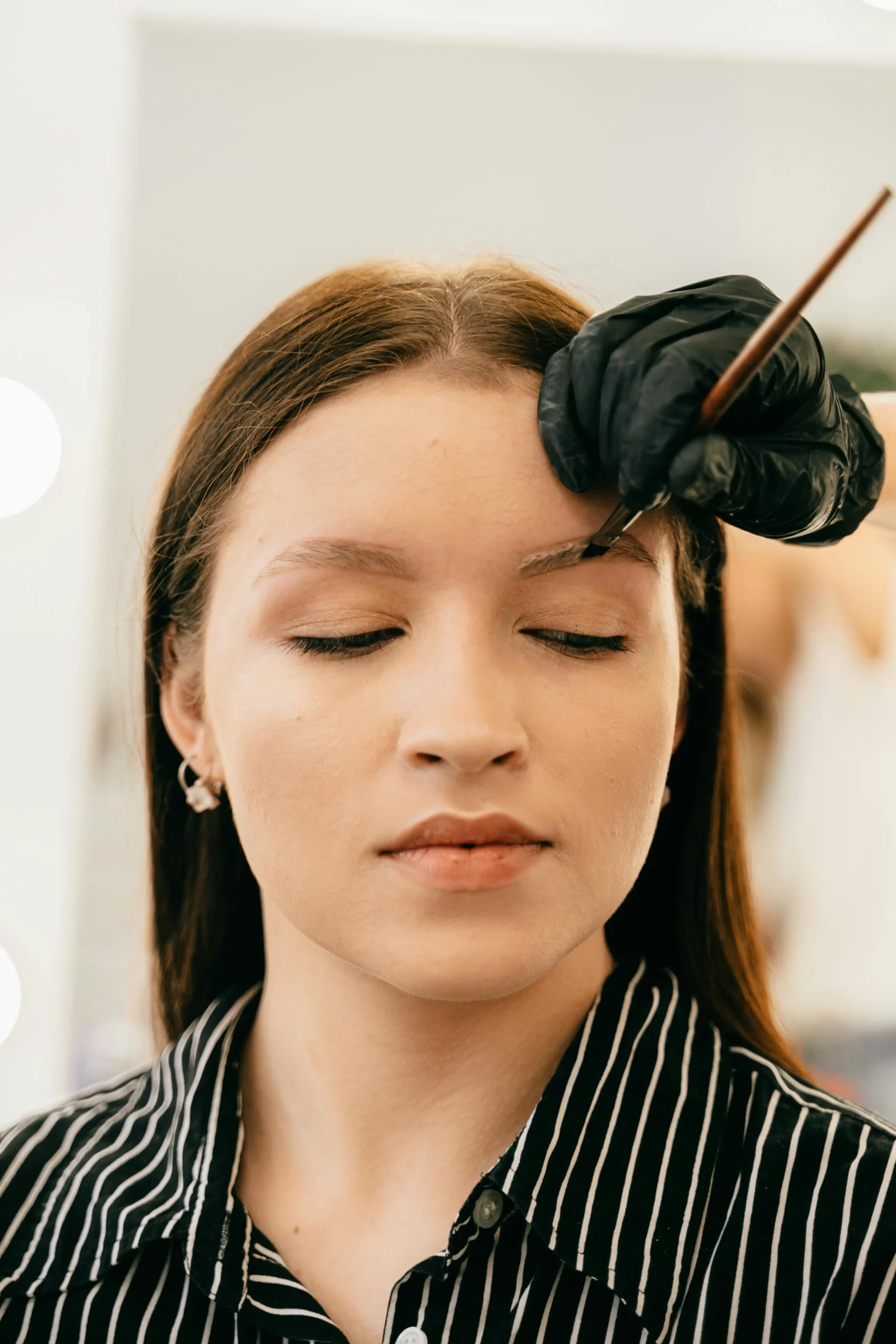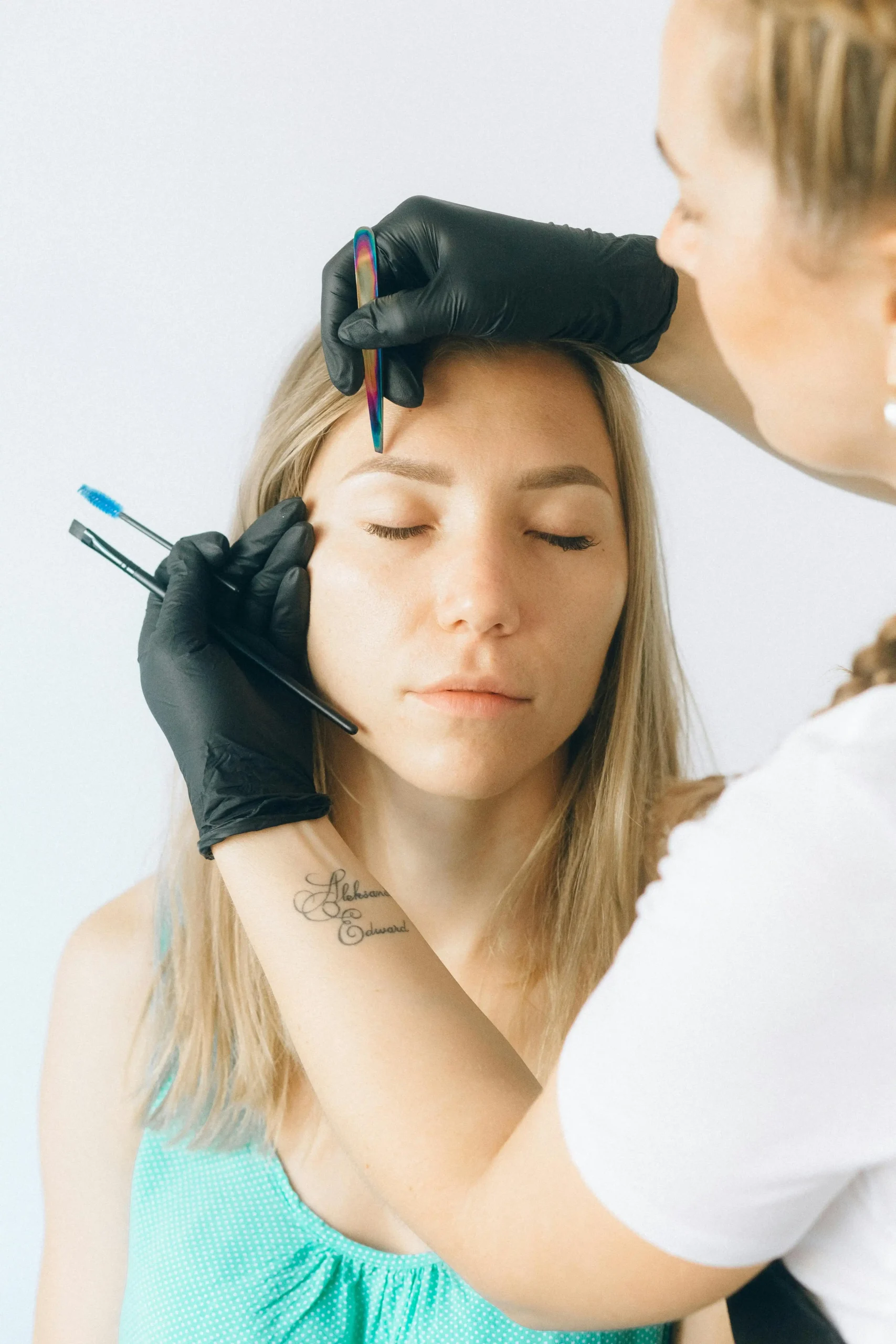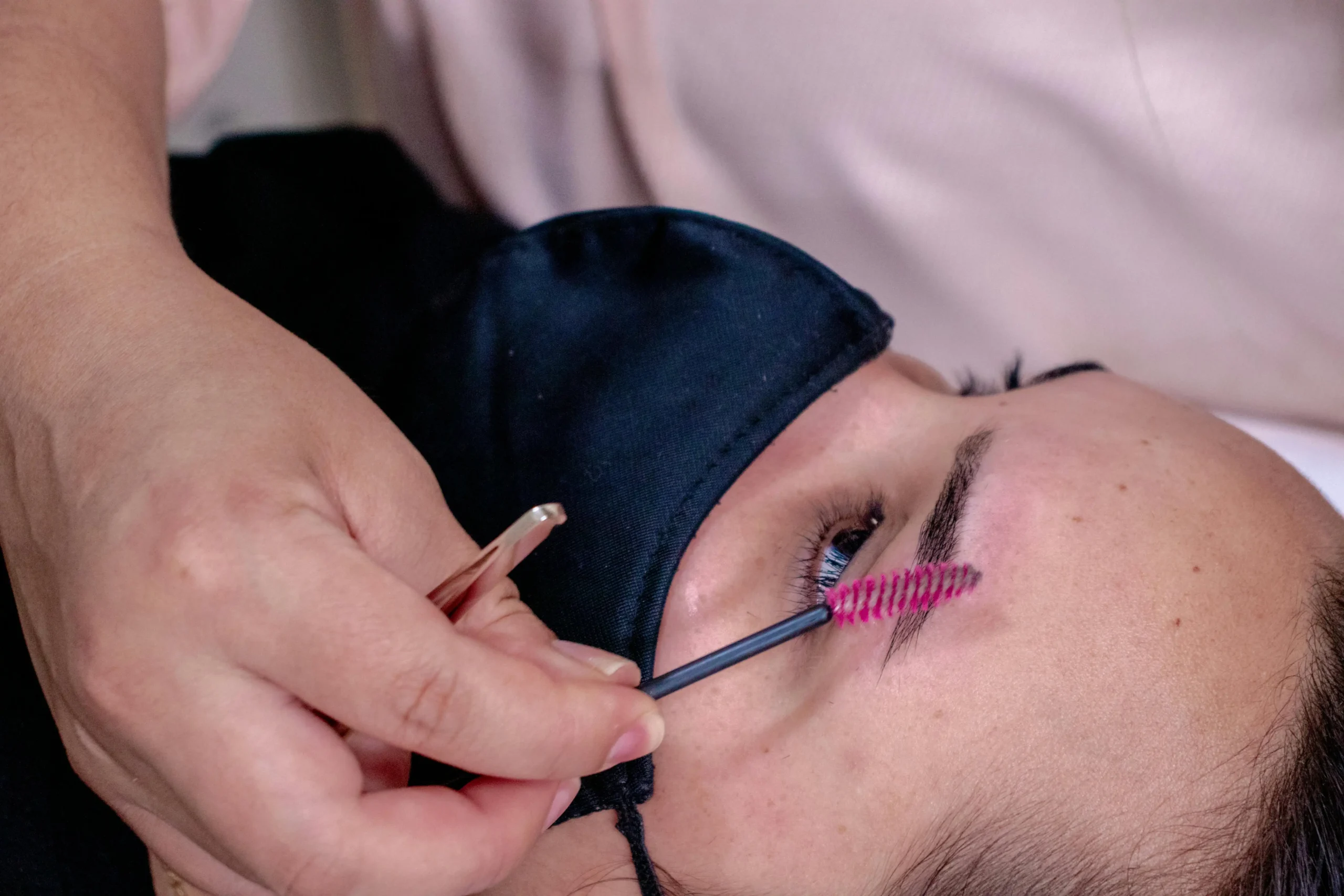The Ultimate Guide to Semi Permanent Makeup: Enhancing Beauty Effortlessly

In today’s fast-paced world, where every minute counts, semi-permanent makeup stands as a revolutionary beauty enhancement technique, offering a durable solution to the daily makeup routine. This comprehensive guide delves into the intricacies of semi-permanent makeup, covering everything from its benefits to the variety of treatments available, ensuring you make an informed decision about embracing this beauty innovation.
What is Semi Permanent Makeup?
Semi permanent makeup, also known as micropigmentation, is a cosmetic technique that employs tattooing to apply pigments into the skin’s dermal layer. This method creates designs that resemble makeup, such as eyelining and other permanent enhancing colors to the skin of the face, lips, and eyelids. It is also used to produce artificial eyebrows, particularly in people who have lost them as a consequence of old age, disease, such as alopecia, chemotherapy, or a genetic disturbance.
Benefits of Semi Permanent Makeup
- Time-Saving: Simplifies your daily beauty routine by reducing the time spent applying makeup.
- Long-Lasting Beauty: Offers enduring results, making you look your best around the clock.
- Smudge-Free: Perfect for active individuals, providing a flawless look that won’t smear or fade through the day.
- Customizable Looks: Tailored to fit personal style and preferences, enhancing natural features with precision.
- Confidence Boosting: Empowers individuals by correcting imperfections and enhancing natural beauty.
Key Treatments in Semi-Permanent Makeup
Eyebrow Microblading
A technique that uses a small, handheld tool to create fine incisions in the skin, which are then filled with pigment. This method is ideal for enhancing the fullness and shape of the eyebrows, offering a natural-looking finish.
Lip Blushing
A semi-permanent tattooing method that enhances the beauty of the natural lip color, improving the shape of the lips, giving them a fuller, softer appearance.
Eyeliner Tattooing
Involves the careful application of pigment along the lash line, creating the appearance of thicker, more defined eyelashes.
Scalp Micropigmentation
A specialized technique designed to create the illusion of denser hair follicles. It’s particularly beneficial for individuals experiencing hair thinning or balding.
Selecting the Right Professional
Choosing a skilled and experienced technician is crucial for achieving the best results with semi-permanent makeup. Ensure the practitioner is licensed, adheres to strict hygiene standards, and possesses an extensive portfolio of their work.


Post-Treatment Care
- Avoid Water and Steam: Keep the treated area dry and avoid heavy sweating for at least a week.
- Sun Protection: Use a high SPF to protect the pigment from fading under the sun’s rays.
- Gentle Skincare: Use mild, unscented products on the treated area to avoid irritation.
FAQ
Q. What is semi-permanent makeup?
Semi-permanent makeup, also known as micropigmentation, is a cosmetic procedure where natural pigments are applied beneath the surface of the skin. This technique is used to enhance features such as eyebrows, lips, and eyeliner, offering a long-lasting makeup look.
Q. How long does semi-permanent makeup last?
Typically, semi-permanent makeup lasts between 1 to 3 years, depending on the specific treatment, skin type, and lifestyle factors such as sun exposure and skincare routines. A touch-up session is recommended every 12 to 18 months to maintain the desired appearance.
Q. Is the semi-permanent makeup procedure painful?
The level of discomfort varies from person to person and depending on the area being treated. Most clients report a mild to moderate sensation. Topical anesthetics are applied to minimize discomfort during the procedure.
Q. How do I choose the right technician?
Selecting a qualified and experienced technician is crucial. Look for professionals with a robust portfolio, positive reviews, and proper certification. Consultations before the procedure can also help gauge their expertise and approach.
Q. What is the healing process like?
The healing process typically takes about 7 to 14 days. Initially, the color will appear darker and more intense but will fade to a more natural tone as healing progresses. Following the aftercare instructions provided by your technician is essential for optimal results.
Q. Can semi-permanent makeup fade over time?
Yes, semi-permanent makeup fades over time due to factors like skin type, exposure to UV rays, and the body’s natural exfoliation process. Regular touch-ups can maintain its appearance.
Q. Is semi-permanent makeup safe?
When performed by a certified and experienced professional, semi-permanent makeup is generally safe. However, it’s important to discuss any allergies or skin sensitivities during your consultation. Ensuring the use of sterilized equipment and pigments approved by health regulations is also vital.
Q. Can semi-permanent makeup be removed?
Yes, semi-permanent makeup can be lightened or removed, typically through laser treatments or other removal techniques. It’s a process that should be done by specialists and may require multiple sessions.
Q. Who should avoid semi-permanent makeup?
Individuals with certain medical conditions, pregnant or nursing women, and those with skin conditions like eczema or psoriasis in the treatment area should consult with a healthcare provider before considering semi-permanent makeup.
Q. How do I prepare for my semi-permanent makeup appointment?
Avoid alcohol, caffeine, and blood-thinning medications for 24 hours before your appointment. It’s also recommended to avoid sunbathing and any skin treatments on the area to be treated for a week prior. Your technician will provide you with a detailed list of pre-procedure instructions.
More Services
